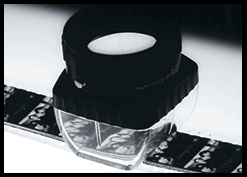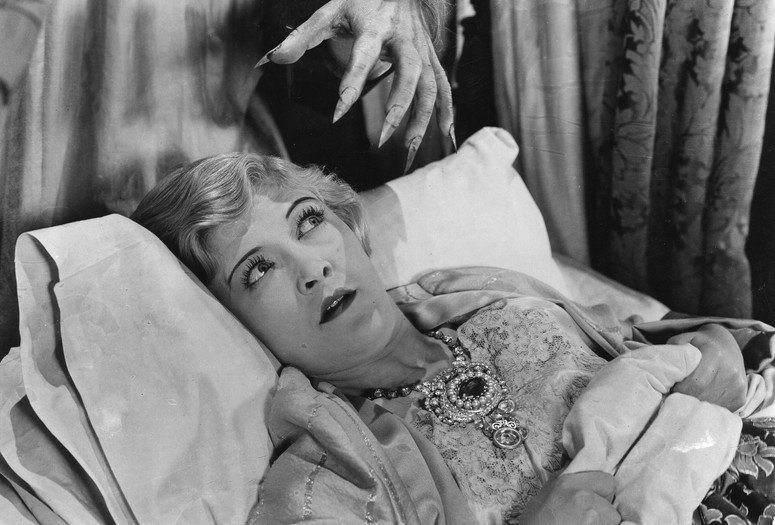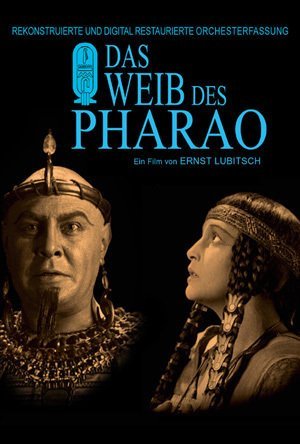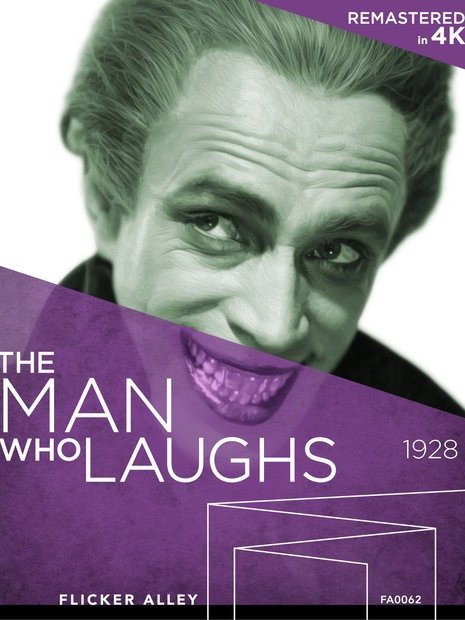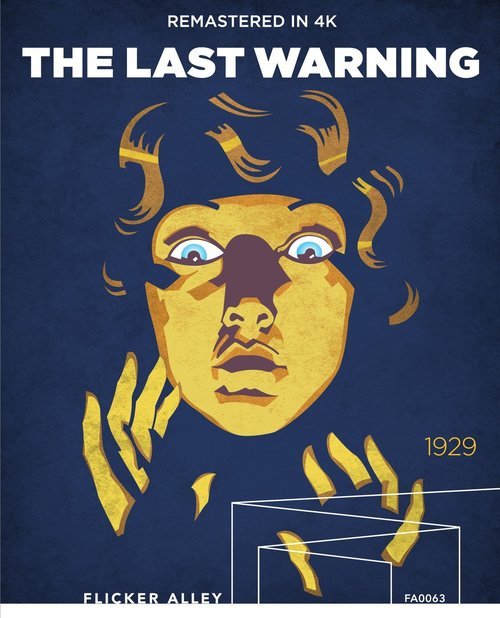Films by Ernst Lubitsch and Paul Leni Screening in To Save and Project Archival Films Series at the Museum of Modern Art
/With Ernst Lubitsch’s second American film, THE MARRIAGE CIRCLE, the director discovered the genre that he would elevate to the heights of formal perfection and emotional resonance: the sophisticated romantic comedy. Working from a forgotten European play (as he so often did), Lubitsch establishes the parallels between two marriages—one beginning to fray (Viennese physician Monte Blue and his neglected wife Florence Vidor) and one in open rupture (professor Adolphe Menjou has hired a private detective to track his unfaithful wife, Marie Prevost, who has set her sights on Blue). Shifting his focus from the grand social canvases of his German films (MADAME DUBARRY, CARMEN) to a handful of characters in drawing rooms brings out Lubitsch’s genius for synecdoche—the art of taking a part to express the whole. When sound came in, Lubitsch (in collaboration with George Cukor) remade The Marriage Circle as the musical ONE HOUR WITH YOU in 1931. This new digital restoration of THE MARRIAGE CIRCLE is based on a 35mm print in the Museum’s collection.
A Broadway hit that helped to launch the theatrical craze for “old dark house” thrillers, John Willard’s 1922 play was already starting to seem old hat by the time Universal acquired it in 1927. But Universal chief Carl Laemmle had the inspiration to send to Germany for Paul Leni, a promising young director who had blended the shadowy lighting and tortured perspectives of German Expressionism with more commercial material for his acclaimed WAXWORKS (1922). And so was born the look and feel of Universal’s classic horror films. Laura La Plante is the first-generation scream queen, a stylish young woman invited to a decaying mansion for the midnight reading of a will, along with half a dozen other scheming heirs and likely suspects.
Where previous restorations of THE CAT AND THE CANARY have been based on the B negative, composed of second-choice takes for release in Europe, this is the first to be based on the A negative used for the US release, and it makes a difference. Panels slide, curtains billow, hands clutch, and mysterious figures roam hidden corridors, all with renewed panache.
◊
Gartenberg Media distributes additional titles by Ernest Lubitsch, THE LOVES OF A PHARAOH (1922), and Paul Leni, THE MAN WHO LAUGHS (1928) and THE LAST WARNING (1929).

